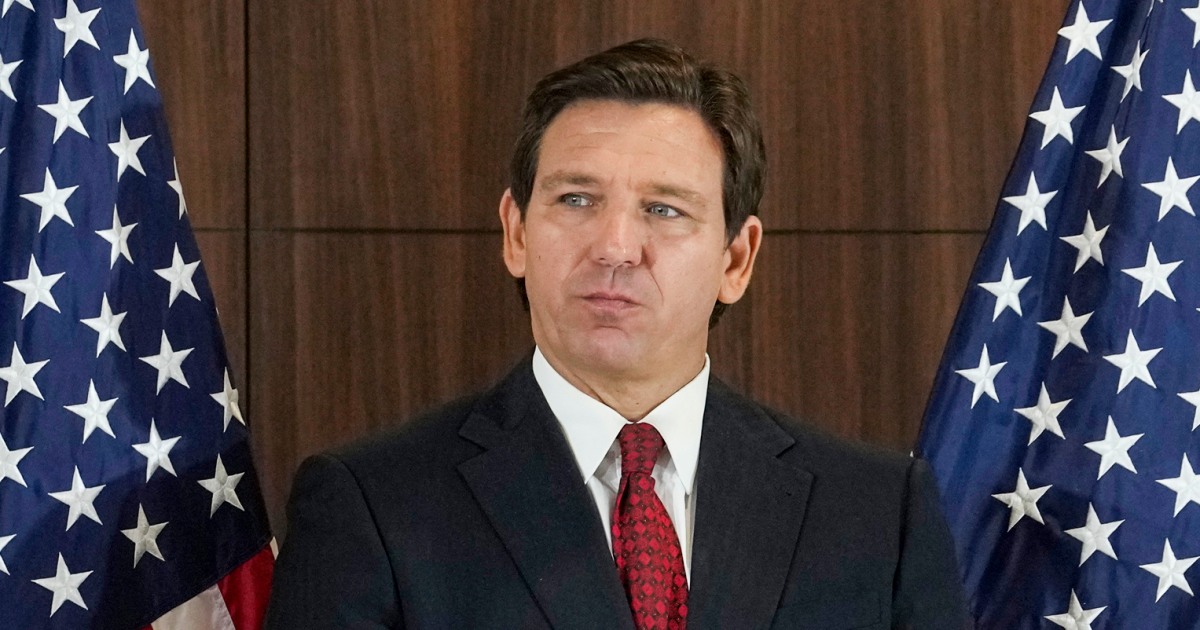Let's look more closely at the case referenced by David French in his
New York Times article, "Disney v. DeSantis, How Strong Is the Company's Lawsuit?"
In
O'Hare Truck Service v the City of Northlake, Associate Justice Kennedy wrote the 7-2 majority opinion. The majority included historically liberal Justices Stevens, Souter, Ginsburg, and Breyer. Kennedy himself was a swing vote. For example, Kennedy was the deciding vote in
Obergefell v. Hodges, which ruled in favor of same-sex marriages. O'Connor also joined the majority, and she is largely viewed as having shifted from more conservative at the start of her term to more liberal by the end.
However, the Court's two most conservative justices, Scalia and Thomas, dissented. In their dissent, Scalia wrote:
The First Amendment guarantees that you and I can say and believe whatever we like (subject to a few tradition based exceptions, such as obscenity and "fighting words") without going to jail or being fined. What it ought [original emphasis] to guarantee beyond that is not at all the simple question the Court assumes. The ability to discourage eccentric views through the mild means that have historically been employed, and that the Court has now set its face against, may well be important to social cohesion. To take an uncomfortable example from real life: An organization (I shall call it the White Aryan Supremacist Party, though that was not the organization involved in the actual incident I have in mind) is undoubtedly entitled, under the Constitution, to maintain and propagate racist and antisemitic views. But when the Department of Housing and Urban Development lets out contracts to private security forces to maintain law and order in units of public housing, must it really treat this bidder the same as all others? Or may it determine that the views of this organization are not political views that it wishes to "subsidize" with public funds, nor political views that it wishes to hold up as an exemplar of the law to the residents of public housing?
The question then becomes, is the Supreme Court of 2023 more like Scalia and Thomas, or is it more like Stevens, Souter, Ginsburg, Breyer, Kennedy, and O'Connor?
David French, the NYT author, has been attacking DeSantis since the fight with Disney began. (For example, see this
Washington Post article.) This doesn't make French wrong, but I respectfully suggest looking more closely at articles to understand where the author is coming from and what they are not telling you.
In this
post, I provided a more detailed analysis of this case from a First Amendment perspective, focusing on the current makeup of the Supreme Court and their propensity to overturn liberal precedent. IMO, Disney has a strong contract case, but any First Amendment decision will require winning over two conservative justices.

